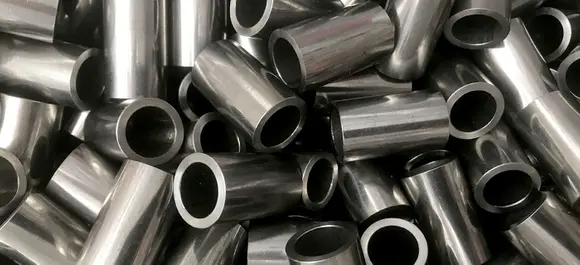Mobile:+86-311-808-126-83
Email:info@ydcastings.com
metal casting small parts
Metal Casting Small Parts An Essential Process in Manufacturing
Metal casting, a key manufacturing process, plays a critical role in producing small parts for various industries, ranging from automotive to electronics. This method involves pouring molten metal into molds, where it solidifies to form intricate shapes. The versatility of metal casting makes it an ideal choice for creating small components that require high precision and intricate detailing.
Metal Casting Small Parts An Essential Process in Manufacturing
Among the various metal casting methods, sand casting, die casting, and investment casting are the most commonly used for small parts. Sand casting is popular due to its cost-effectiveness and flexibility. It involves creating a mold from sand, which can easily accommodate complex designs. Die casting, on the other hand, is suitable for high-volume production, where molten metal is injected into a steel mold under high pressure, ensuring a smooth surface finish and tight tolerances. Investment casting, also known as lost-wax casting, offers remarkable precision and is frequently utilized for aerospace and medical applications.
metal casting small parts

The choice of metal is another critical factor in metal casting small parts. Common materials used in these processes include aluminum, zinc, magnesium, and various alloys. Each material has specific properties that influence the final product's strength, weight, corrosion resistance, and thermal conductivity. For instance, aluminum castings are lightweight and have excellent corrosion resistance, making them suitable for automotive and aerospace applications, where weight reduction is paramount.
Quality control is essential throughout the metal casting process to ensure that small parts meet the required specifications. Techniques such as non-destructive testing (NDT) are employed to detect internal and external defects, guaranteeing that every component is reliable and safe for use. Properly executed quality control measures help manufacturers reduce waste and rework, ultimately leading to more efficient production.
In conclusion, metal casting of small parts is acritical manufacturing process that combines precision, versatility, and efficiency. The ability to create complex geometries using various metals ensures that industries can produce components tailored to their specific needs. As technology advances, new casting techniques and materials are continually being developed, further enhancing the capabilities of this vital manufacturing method. Metal casting will undoubtedly continue to remain an integral part of production processes worldwide, driving innovation and efficiency across numerous sectors.
-
Impeller Technology That Powers Precision in Pump SystemsNewsMay.22,2025
-
Valve Durability Begins with Quality Cast Iron ComponentsNewsMay.22,2025
-
Performance Cooling with Advanced Automobile Water Pump SolutionsNewsMay.22,2025
-
How Motor Housing and Oil Pans Shape Engine PerformanceNewsMay.22,2025
-
How Metal Castings Drive Modern Manufacturing EfficiencyNewsMay.22,2025
-
Exploring the Engineering Behind Valve Body CastingsNewsMay.22,2025











